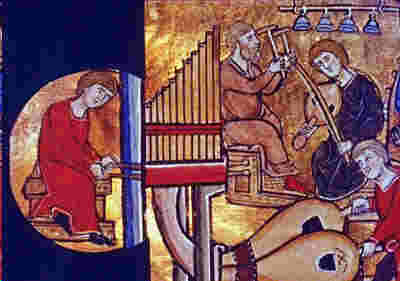

|
| ||||||||||||||||||||||||||||||||||||||||||||||||||||||||
|
||||||||||||||||||||||||||||||||||||||||||||||||||||||||
|
| ||||||||||||||||||||||||||||||||||||||||||||||||||||||||

popular Song and the musical stageThe Muse of Music welcomes you to Popular Song And The Music Of The Stage, the place where The Muse explores the era of popular ballads and the music of the stage, music that was popular in the U.S. and parts of Western Europe the first half of the 20th century. This was the heyday of George and Ira Gershwin, Irving Berlin, Rogers and Hart, and so many others. It was a bright, golden age whose like we will never see again. About popular song, ballads, and standardsA popular song is a song that is written to have an immediate and wide appeal and is usually popular for only a short time, but that sometimes is of a sufficiently high quality to become part of the permanent repertoire of popular music and jazz. A ballad is any light, simple song, especially one of sentimental or romantic character, having two or more stanzas all sung to the same melody—especially a sentimental or romantic popular song. The term standard is related to the term popular song. As used in connection with the field of popular music, a standard is a musical piece of sufficiently enduring popularity to be made part of the permanent repertoire of popular song. Here, The Muse Of Music is concerned with popular songs and music of the stage. The Muse is principally interested in all kinds of popular music performed on stage that have become musical standards. These kinds of music vary from sentimental and romantic ballads to patriotic marching songs. The dramatic formats in which they are staged vary from music or dance revues to musical comedy to "serious" musical theater in which the music plays an integral role in advancing the plot and in characterization. The emphasis here is definitely on popular song, or songs that are written to have an immediate and wide appeal and are usually popular for only a short time, but have sufficiently high quality to become standards. However the scope of inquiry does not completely exclude consideration of performances staged around light-classical or even semi-classical music. Here are some other definitions that may further explain what The Muse Of Music means by popular song and the musical stage:
about the era of popular song and the musical stagePopular stage entertainment in the U.S. evolved from the minstrel show in the late 19th century into vaudeville and then into the musical revue in the early part of the 20th century. Similar developments took place in England and France. About Popular song and the movie musicalThe Broadway stage wasn't the only venue in which the popular song thrived. After sound came to movies in 1927 and the movie industry exploded, it wasn't long before the popular song joined the bandwagon. Popular music written for movies was played on radio everywhere and sales of records exploded as a direct result. Indeed, the movie musical probably did as much or more to spread popular song than any other medium, including stage. Starting in the thirties, stellar writers of musicals for the stage like George and Ira Gershwin, Irving Berlin, and Rogers and Hart, often turned their attention from writing musicals for Broadway to writing musicals for Hollywood. No wonder these musical giants answered Hollywood's call. They were rewarded with stellar contracts to produce standards for film that received overnight exposure to a mass audience and thereafter sold in the form of sheet music and records. By some accounts, for example, Fred Astaire sold more standards than anyone else in history; and Fred, great dancer that he was, certainly was not noted for his singing voice! Given that stage and movies have both had a profound affect on popular song, The Muse Of Music and The Muse Of Film got together to discuss which of them should handle the subject of popular song. At first, each Muse wanted to treat both the stage and film. But after much deliberation, The Muse of Music backed off and they jointly came up with a compromise. They decided to split the job. So, after you explore with The Muse Of Music the connection between popular song and the musical stage, you can continue your exploration by visiting The Muse Of Film's pages and seeing what The Muse Of Film does with the subject. availabilityMore features for Popular Song And The Musical Stage are on their way. Return periodically to check for additions. ETAF Recommends...Coming.
Search this web site with Electricka's Search Tool:
tap or click here
Electricka's Theme Products
Shop At Cafe Press
This web site and
its contents are copyrighted by
Decision Consulting Incorporated (DCI).
All rights reserved. |
| |||||||||||||||||||||||||||||||||||||||||||||||||||||||